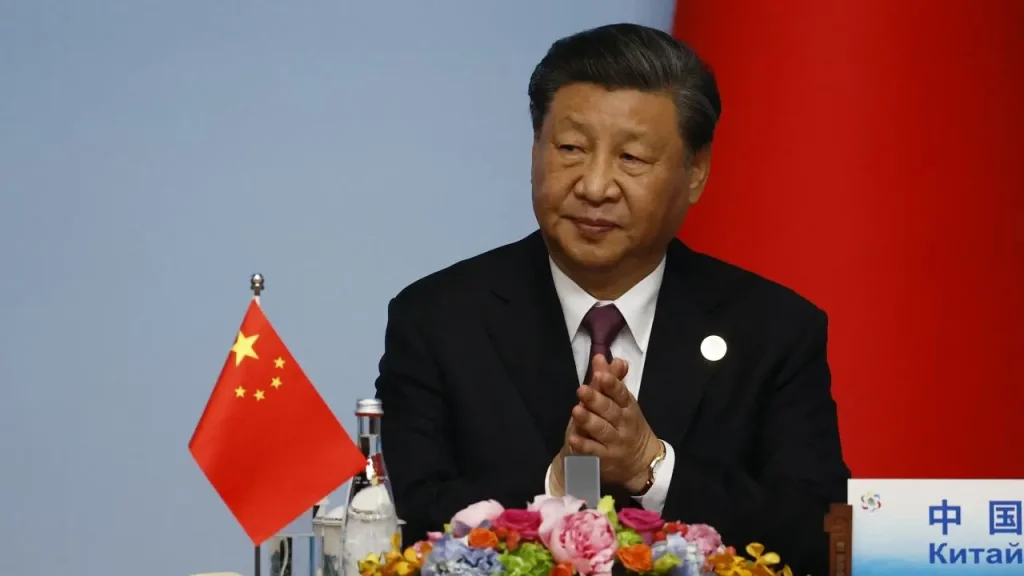A comprehensive report released by the bipartisan House Select Committee on the Strategic Competition between the U.S. and the Chinese Communist Party (CCP) has brought to light a deeply concerning trend: billions of investment dollars from U.S. financial markets are flowing into Chinese companies that have been blacklisted by the U.S. government due to their ties to the CCP’s military modernization efforts and egregious human rights violations.
The findings of the committee reveal a significant gap between regulatory oversight and the actual investment practices of U.S. financial institutions. Despite the blacklisting of these Chinese companies by U.S. government agencies, asset managers and index providers have facilitated investments totaling over $6.5 billion in 63 such entities. These companies are not just ordinary firms; they play pivotal roles in developing advanced military technology for the People’s Liberation Army (PLA) and are directly implicated in the ongoing atrocities against the Uyghur minority population.
What’s particularly alarming is that this investment activity is entirely legal under current regulations. The committee warns that many American investors may be unwittingly channeling their hard-earned savings and retirement funds into supporting the military ambitions of a foreign adversary and perpetuating human rights abuses. This revelation underscores the urgent need for congressional action to close regulatory loopholes and safeguard American investments from inadvertently fueling the CCP’s agenda.
A critical issue highlighted in the report is the inadequacy of existing regulations governing U.S. investment in blacklisted Chinese companies. While certain U.S. government blacklists restrict specific activities like exports or imports, they do not typically prohibit investment in these companies. Moreover, index providers like MSCI have developed indexes that include these blacklisted firms, allowing asset managers to invest in them through financial products such as exchange-traded funds (ETFs) and mutual funds.
For example, BlackRock, one of the world’s largest asset managers, offers ETFs that track indexes containing these blacklisted Chinese companies. The committee’s analysis revealed that BlackRock’s iShares MSCI China ETF and iShares Core MSCI Emerging Markets ETF collectively hold billions of dollars in assets invested in such companies.
To address these regulatory shortcomings and mitigate the risks associated with U.S. investment in blacklisted Chinese firms, the committee proposed several policy measures. These include imposing restrictions on investment in blacklisted firms and their affiliates, mandating greater disclosure of risks associated with investments in Chinese securities, and enhancing the resilience of the U.S. financial system to market uncertainties related to China.
In response to the report, major financial institutions like BlackRock, MSCI, and Vanguard reiterated their compliance with existing laws and regulations while acknowledging the need for clearer rules governing U.S. investment in Chinese companies. However, the committee stressed the urgency of congressional action to enact robust regulations that safeguard American interests and prevent unwitting support for the CCP’s malign activities.
Overall, the committee’s report serves as a wake-up call, highlighting the complex interplay between finance, national security, and human rights in the context of U.S.-China relations. It underscores the imperative for policymakers to act decisively to protect American investors and uphold fundamental values in the face of growing challenges posed by the CCP’s actions.
